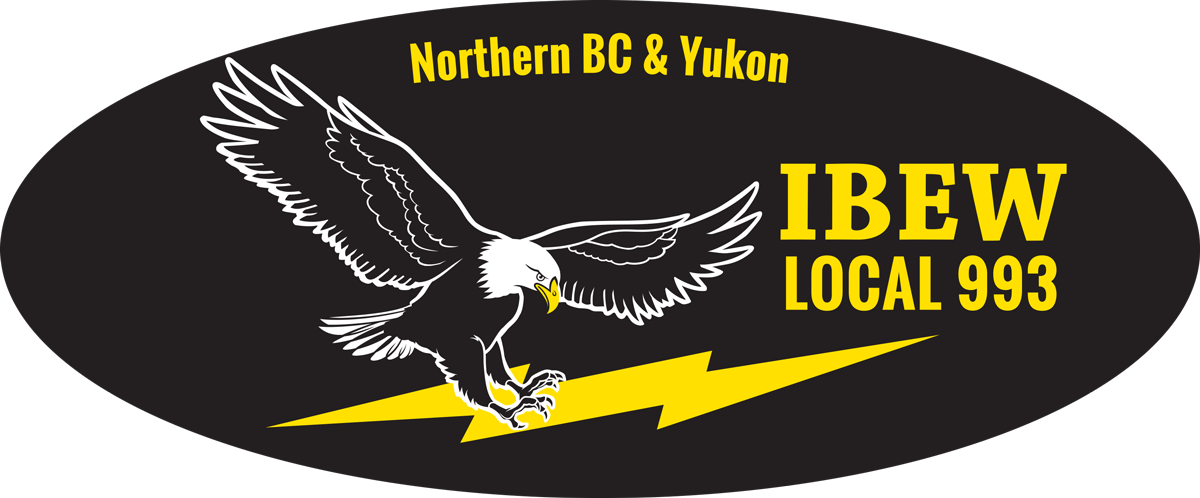What is a Trade Union?
What is a Trade Union?
A trade union is an organization formed by workers to represent their collective interests in
dealings with employers. Its primary purpose is to protect and improve the working conditions,
wages, benefits, and job security of its members. In British Columbia, trade unions are recognized
under the Labour Relations Code and must meet specific criteria to operate and represent workers
legally.
Key Characteristics of a Trade Union:
Representation:
Acts as the official voice of its members in negotiations with employers, such as bargaining for
collective agreements.
Represents members in grievances, disputes, and disciplinary matters.
Membership:
Comprised of employees who voluntarily join and pay dues.
Membership is typically required for employees covered by a unionized collective agreement.
Collective Bargaining:
Negotiates with employers to establish the terms and conditions of employment, documented in a
collective agreement.
Advocacy and Support:
Promotes workplace fairness and safety.
Provides legal, financial, and organizational support to members, especially during disputes such
as grievances or strikes.
Democratic Structure:
Operates democratically, with leaders elected by members.
Members vote on key issues, such as accepting a collective agreement or initiating a strike.
Legal Obligations:
Must comply with the Labour Relations Code, which governs its certification, conduct, and
activities.
Ensures fair representation for all workers in the bargaining unit, regardless of union membership
status.
Certification and Legal Recognition in BC:
To represent workers in British Columbia:
A union must apply to the Labour Relations Board (LRB) for certification.
Certification requires demonstrating majority support from employees in the proposed bargaining
unit (typically through signed membership cards or a secret ballot).
Rights and Obligations under the BC Labour Relations Code
Exclusive Representation:
A certified union has the sole right to represent all employees in the
bargaining unit.
Duty of Fair Representation:
Unions are legally obligated to represent all employees fairly,
impartially, and in good faith.
Strike and Lockout Rules:
A union can only strike or take other job action after meeting specific
requirements under the Code, such as the expiry of a collective agreement.
